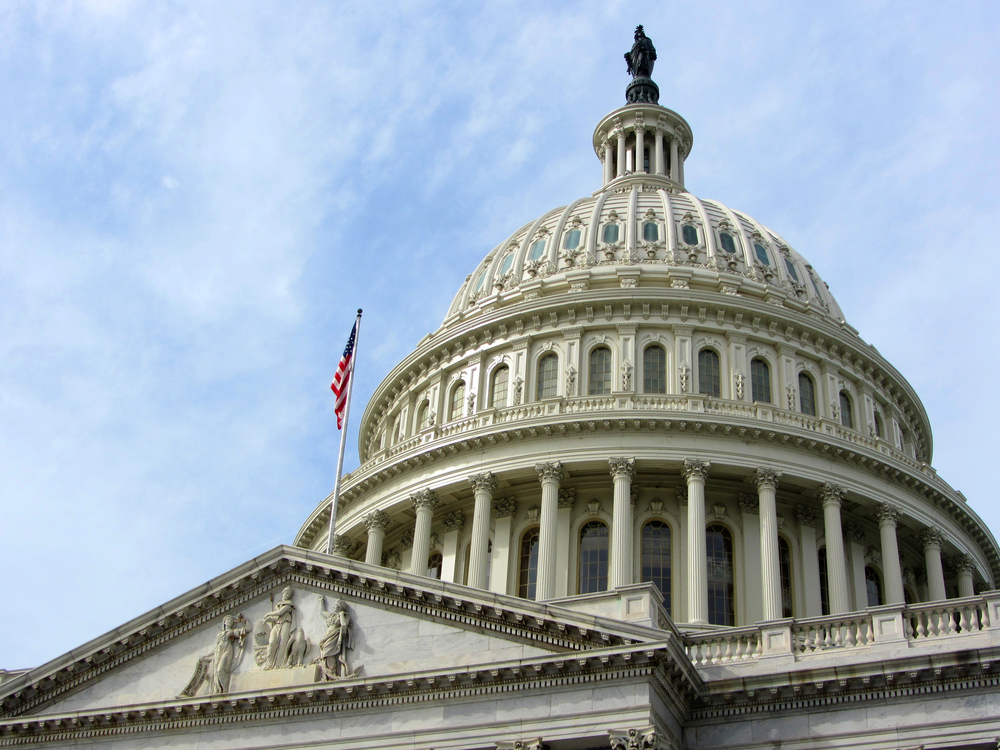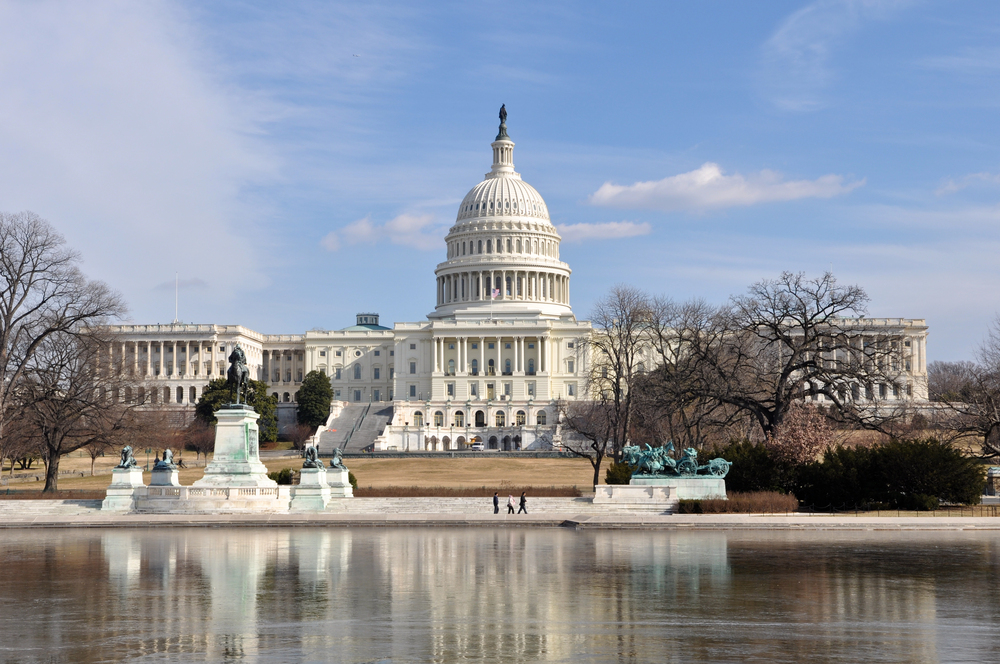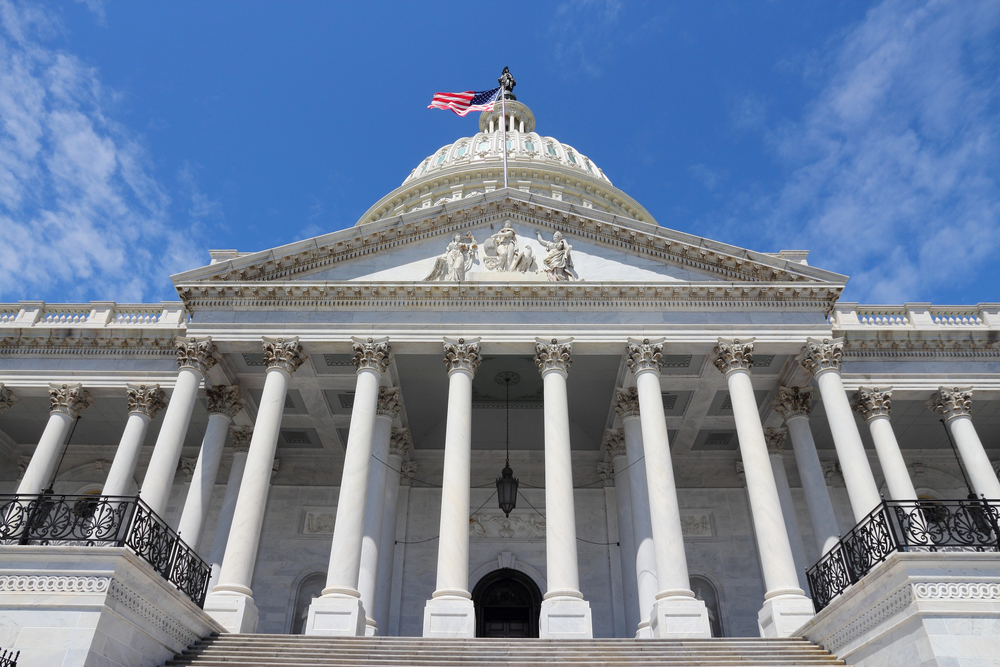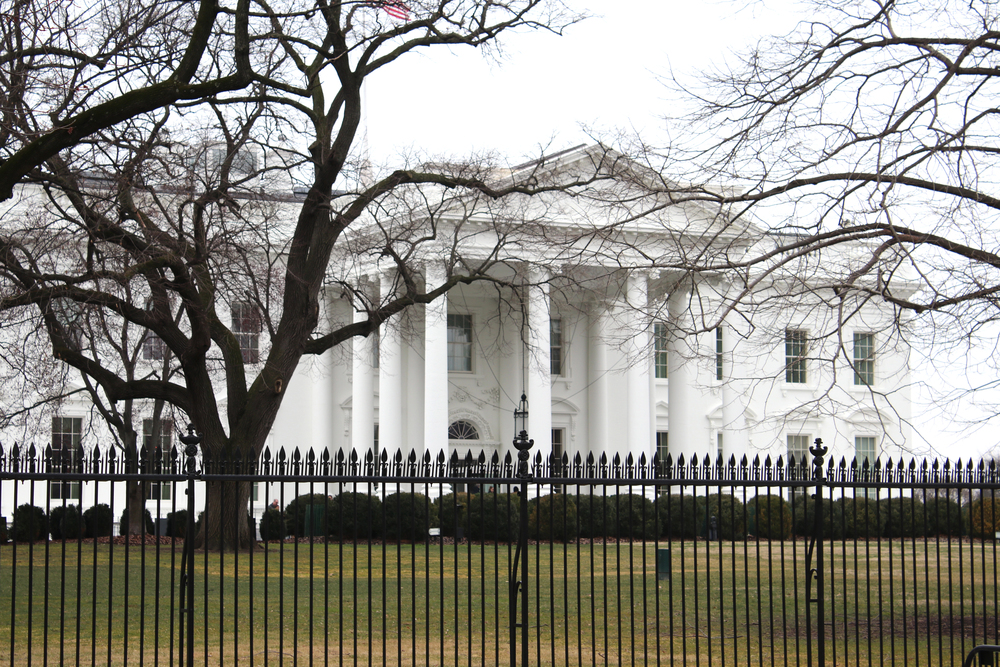Omnibus Package Nears Finish Line, Includes Key Big ‘I’ Priorities

By: Joseph Cortina
As the Dec. 23 funding deadline for the federal government approaches, Congress is considering a $1.7 billion omnibus funding bill. As of press time, it was expected that both chambers would pass the legislation and President Joe Biden would sign it into law before 11:59 p.m. ET on Friday, which would narrowly avoid a government shutdown.
As with any bill of this size and scope, there are numerous provisions that impact agents—some of which the Big “I” has strongly supported.
First, the National Flood Insurance Program (NFIP), which is currently tied to the larger government funding package, would be extended to Sept. 30, 2023. While the Big “I” will continue to advocate for a long-term NFIP extension, an almost yearlong extension provides some certainty and stability for the program because any lapse could leave millions of Americans at risk, disrupt housing markets and slow recovery efforts of past flooding events.
The yearlong extension’s inclusion comes after the Big “I”, along with its industry partners, sent a letter to congressional leaders urging their continued support of the program.
Another provision that is included which the Big “I” advocated for concerns crop insurance. Specifically, this crop provision appropriates $25 million for equitable relief for specialty crop administrative & operating (A&O) and includes committee report language that reaffirms the U. S. Department of Agriculture’s authority to resume inflation adjustments and provide specialty A&O relief without having to reopen the Standard Reinsurance Agreement (SRA) for further negotiation.
Unfortunately, specialty crop A&O expenses have been cut by 40% across the county. While the Risk Management Agency (RMA) adjusted the A&O cap to track inflation between 2011 and 2015, RMA halted this practice in 2016.
The omnibus legislation also includes a bipartisan tax and retirement bill that will impact many Big “I” members and their clients. The legislation known as SECURE 2.0, which is a follow-up to bipartisan legislation passed in 2019, is designed to strengthen the overall retirement security for all Americans.
Notably, the bill raises the required minimum distribution (RMD) age to 73 years old starting in 2023 and 75 years old starting in 2031. The legislation also incentives older workers to make increased catch-up contributions to their retirement accounts by allowing those 60 years old and older to contribute additional funds for retirement. Starting in 2025, the catch-up amount increases to at least $11,250 per year for those 60-63 years old. The bill also includes the auto enrollment of employees in qualified 401(k) and 403(b) plans. While employees could opt out of this, policymakers believe the auto enrollment will greatly increase plan participation.
Lastly, a “Savers Match Program” would be created that incentivizes lower- and middle-income Americans to save for retirement by creating a government match of up to $1,000.
Joseph Cortina is staff administrator, Big “I” crop insurance task force.










